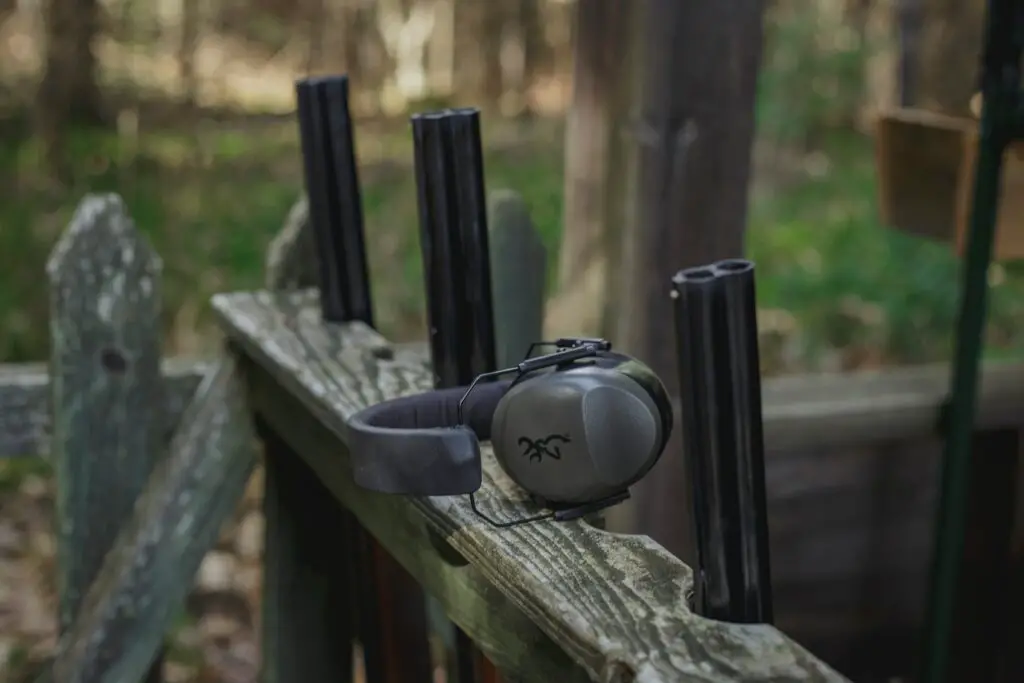A gunshot from a 9 mm firearm can vary in loudness depending on various factors such as the type of ammunition, the firearm’s design, and the distance between the shooter and the person hearing the shot. In general, however, a 9 mm gunshot is considered to be quite loud and potentially harmful to one’s hearing.

To understand how loud a 9 mm gunshot is, it’s helpful to know a bit about sound and how it’s measured. Sound is essentially a pressure wave that travels through the air or other medium. The intensity of the sound is measured in decibels (dB), which is a logarithmic scale that compares the sound pressure level to a reference level. The reference level is typically set at the threshold of human hearing, which is about 0 dB. Each increase of 10 dB corresponds to a tenfold increase in sound intensity.
The sound level of a 9 mm gunshot can vary widely depending on the specific firearm, ammunition, and environment. A 9 mm pistol fired indoors, for example, can produce sound levels of around 160 dB, which is roughly equivalent to standing next to a jet engine during takeoff. However, the actual sound level can vary significantly based on factors such as the distance between the shooter and the person hearing the shot, the acoustic properties of the environment, and the type of ammunition used.
In general, a 9 mm gunshot is considered to be extremely loud and potentially harmful to one’s hearing. Exposure to sound levels of 140 dB or higher can cause immediate hearing damage, such as a temporary or permanent hearing loss or tinnitus (ringing in the ears). Even exposure to lower sound levels over time can lead to gradual hearing damage, which is why it’s important for people who work with firearms to wear hearing protection.
There are various ways to measure the sound level of a gunshot, including using a sound level meter or a microphone connected to a computer. One common method is to measure the peak sound pressure level (SPL), which is the highest level of the pressure wave produced by the gunshot. The peak SPL of a 9 mm gunshot can be as high as 170 dB or more, depending on the specific firearm and ammunition.
In addition to the peak SPL, the duration of the sound can also affect its perceived loudness and potential for hearing damage. A gunshot typically produces a short-duration sound that lasts for only a fraction of a second. However, the rapid pressure changes can still cause significant damage to the delicate structures of the inner ear. The sound pressure waves can also reflect off surfaces such as walls and floors, which can amplify the sound and increase the potential for hearing damage.
To mitigate the potential for hearing damage from firearms, many shooters wear hearing protection such as earmuffs or earplugs. These devices can reduce the sound level reaching the ear by as much as 30 dB or more, depending on the specific type of protection used. Some firearms are also designed with features such as suppressors or muzzle brakes that can reduce the sound level of the gunshot.
In summary, a 9 mm gunshot is generally considered to be extremely loud and potentially harmful to one’s hearing. The actual sound level can vary depending on factors such as the specific firearm and ammunition used, the distance between the shooter and the person hearing the shot, and the environment. Exposure to high sound levels can cause immediate and long-term hearing damage, which is why it’s important for people who work with firearms to take appropriate precautions such as wearing hearing protection.